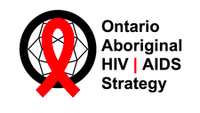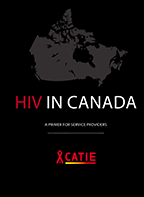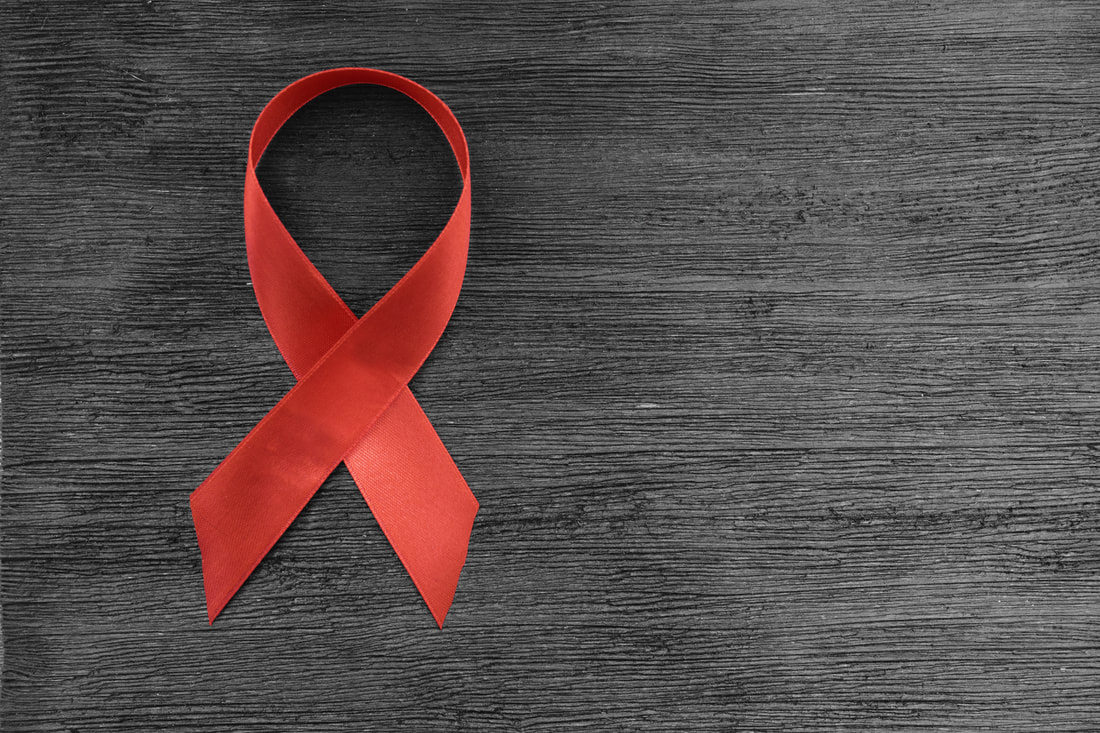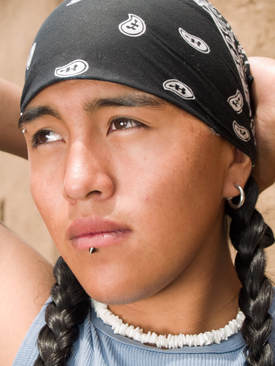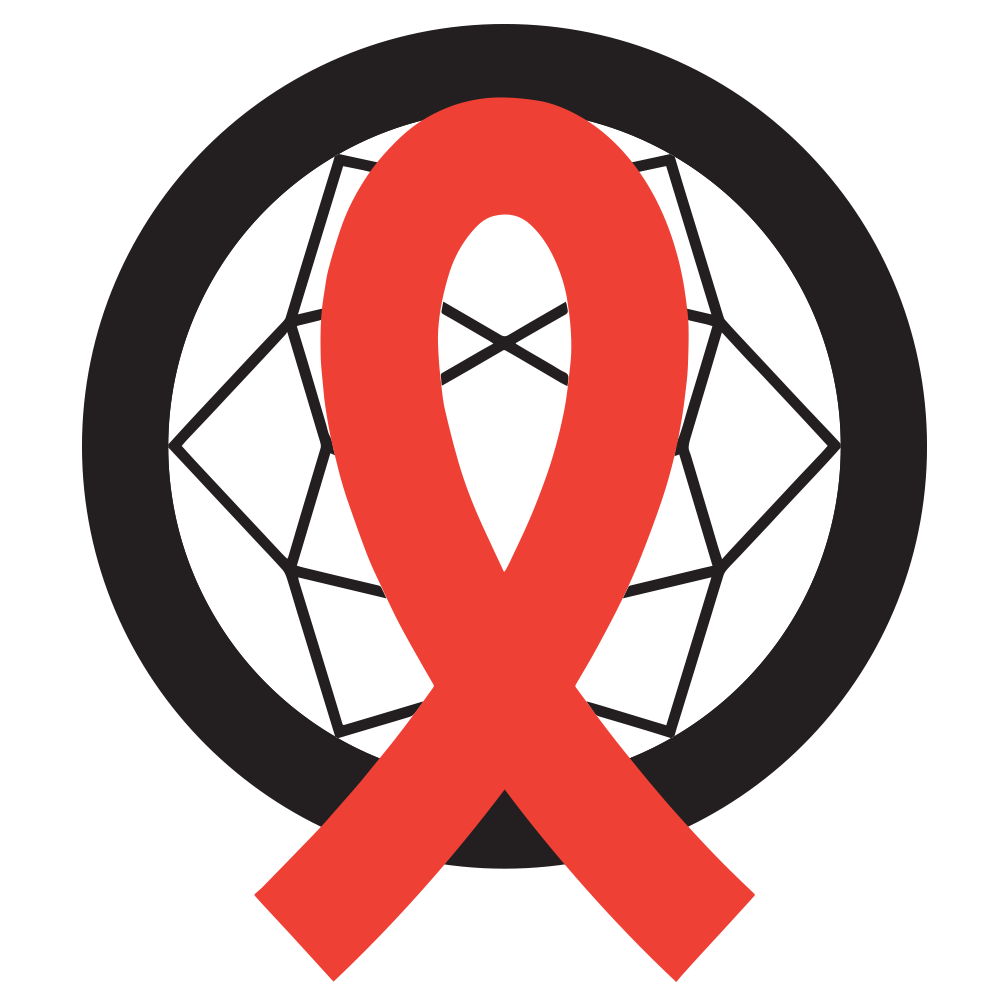DEfinitions:HIV
AIDS
transmission:HIV needs an entry way into the bloodstream, which can occur in these ways:
Stages of infection:
prevention:The best ways to stop the spread of HIV from one person to another is by doing the following:
testing:
Point-of-Care (POC) HIV Testing (Rapid Test): is done on-site & includes only a screening test. Results are available while you wait. If the test POC test is reactive (a possible positive result), then the Standard HIV test must be ordered to confirm the results. The Standard HIV Test is a two-part test done by the public health laboratory. The first test, a screening test, is very sensitive. If reactive – it is screened a second time. If the second screen is also reactive, then the sample is tested again using a test that rules out everything except HIV. It takes up to two weeks to receive test results. Both tests are extremely accurate. |
Did you know?According to the Laboratory Centre for Disease Control, Aboriginal AIDS cases are younger than non-Aboriginal cases, and the proportion of women among adult Aboriginal AIDS cases is higher than the non-Aboriginal AIDS cases. All available evidence suggests that Aboriginal people are infected with HIV earlier than non-Aboriginal people yet are diagnosed later in the HIV/AIDS Medicine Wheel, that injection drug use is a significant method of transmission of HIV and that the HIV epidemic among Aboriginal people shows no sign of abating. The high degree of movement of Aboriginal people between urban and rural areas may bring the risk of HIV to even the most remote Aboriginal communities.
TESTING SITES
|
